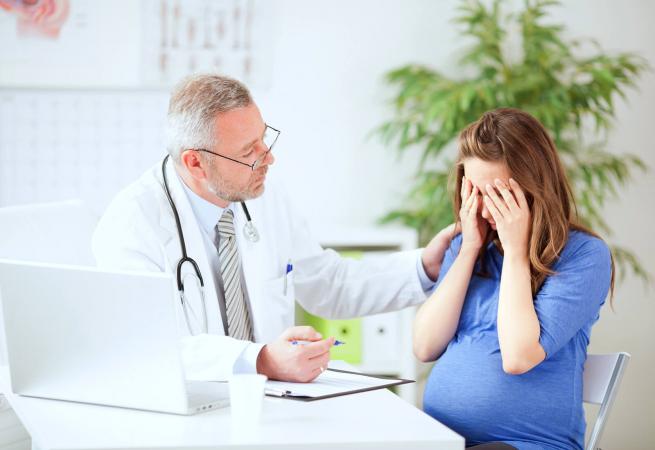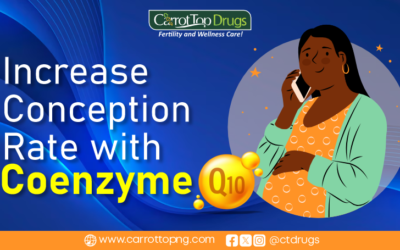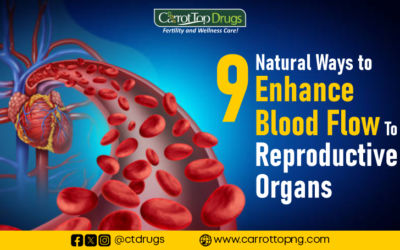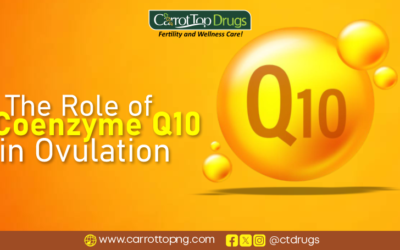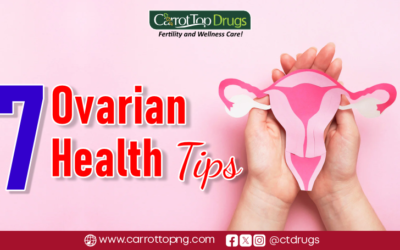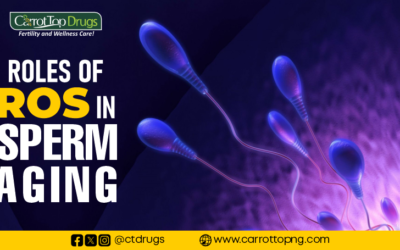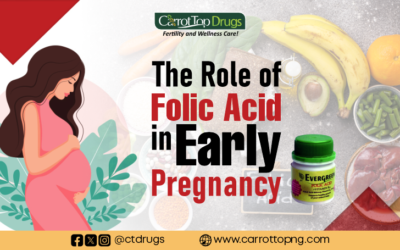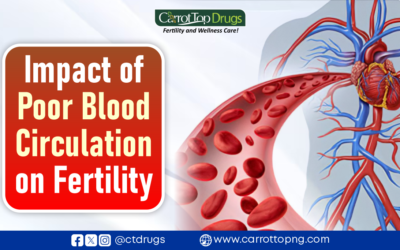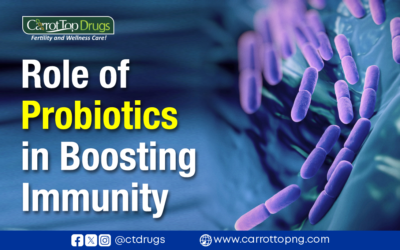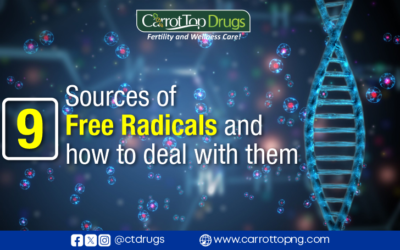Pregnancy complications are health problems that occur during pregnancy which could involve the baby’s health, mother’s health or both. Some women have health issues before they become pregnant which could lead to complications. Other problems could arise during pregnancy. Whether a pregnancy complication is common or rare, there are ways to manage these problems that come up during pregnancy which I would be discussing.
BEFORE PREGNANCY
It is very important you talk to your Doctor concerning your health issues and challenges you currently have, or you had in the past. If you are receiving treatment for a health problem, there might be a change in regimen in the way the health problem is being managed. Take for example, some medicines used to treat health issues could be harmful if they are taken during pregnancy. At the same time, stopping medicines that you need could be more harmful than the risk posed if you get pregnant. In addition, make sure you discuss any problems you had in any previous pregnancy. If your health problems are under control and you get proper ante-natal care, you are likely to give birth to a healthy and normal baby.
DURING PREGNANCY
Sometimes, problems arise during pregnancy even in healthy women. Pregnancy complications and symptoms can range from mild and annoying discomforts to serious and sometimes life-threatening illnesses. Problems during pregnancy may include mental and physical conditions which could affect the health of the mother and baby. These problems can be caused by or could be made worse by being pregnant. Some common pregnancy complications include the following:
- ANAEMIA: Anaemia occurs when the number of healthy red blood cells is lower than normal. Women with pregnancy related anemia may feel weak and tired. Treating the main cause of anemia would help restore the number of healthy red blood cells. This can be done by taking supplements rich in iron and folic acid. It is also essential your Doctor checks your iron levels throughout pregnancy to make sure anemia does not occur again.
- HIGH BLOOD PRESSURE: High blood pressure, which is also known as hypertension, occurs when the arteries which carry blood from the heart to the organs of the body are narrowed. This causes increased pressure in arteries. In pregnancy, this could make it hard for blood to reach the placenta, which provides oxygen and nutrients to the foetus. This in turn can slow the growth of the foetus and place the mother at greater risk of preterm labour. For women who have had high blood pressure before pregnancy, they should continue to monitor and control it while getting the appropriate treatment all through pregnancy. Hypertension usually occurs during the second half of pregnancy but goes away after delivery.
- GESTATIONAL DIABETES: The blood normally digests part of your food into a sugar called glucose which is your body’s main source of energy. After digestion, glucose moves into your blood to supply energy. To get glucose out of your blood, into the cells of your body, your pancreas makes a hormone called insulin. In gestational diabetes, hormonal changes from pregnancy could cause the body to either not to make insulin or not to use it normally. Instead, blood glucose builds up causing diabetes also known as high blood sugar. Symptoms sometimes include extreme thirst, fatigue and hunger. In managing diabetes, following a treatment plan outlined by your Doctor can help to prevent or reduce problems associated with diabetes during pregnancy. If this is not controlled, it could lead to high blood pressure, and subsequently having a large infant which could increase the risk for cesarean delivery.
- URINARY TRACT INFECTION: A urinary tract infection (UTI) is a bacterial infection in the urinary tract. Urinary tract infection occurs in pregnancy due to changes in the urinary tract. The uterus sits directly on top of the bladder, and as it grows during pregnancy, its weight could block the drainage of urine from the bladder, leading to infection.
Symptoms include:
- Pain or burning sensation while urinating
- The need to urinate more often
- Feeling of urgency when you urinate
- Presence of blood or mucus in urine
- Fever, sweats and chills, leaking of urine
- Pressure, pain and tenderness in the area of the bladder
- Cloudy and foul-smelling urine
- Cramps in the lower abdomen
- Nausea and back pain
If you are experiencing any of these symptoms recurrently, you should see you Doctor for appropriate treatment. If UTI is not treated on time, it could cause early labor and low birth weight. It is also necessary your Doctor tests your urine from time to time as some women could carry bacteria in their bladder without having any symptoms.
- OBESITY AND WEIGHT GAIN: Studies have been able to suggest that the heavier a woman is before pregnancy, the higher her risk of having pregnancy complications such as gestational diabetes, still birth, high blood pressure and cesarean delivery. If you are obese/overweight, you should lose weight before pregnancy to boost your chances of sustaining a healthy pregnancy.
- MISCARRIAGE: Miscarriage can be defined as a loss of a foetus which usually occurs before the foetus is 24 weeks old. A foetal loss experienced in the first 12 weeks of pregnancy is commonly known as early miscarriage, while a foetal loss occurring between 12-24 weeks is known as late miscarriage. Miscarriage is usually due to genetic abnormalities, incompetent cervix, and thyroid disorders. Symptoms include bleeding from light to heavy, severe cramps, abdominal pain, weakness, fever and back pain. If you are experiencing any of these symptoms at any point, you should see your Doctor for appropriate treatment and recommendations.
- PLACENTAL ABRUPTION: Placental abruption occurs when the placenta completely or partially separates from the inner wall of the uterus before delivery which could be due to trauma or injury to the abdomen. This decreases or blocks the baby’s supply of nutrients and oxygen. Symptoms include uterine tenderness, abdominal pain, vaginal bleeding and cramping. You should see your Doctor if you are experiencing any of these symptoms as placental abruption can endanger the life of the mother and baby if left untreated.
- Mental Conditions: Some women experience extreme sadness during or after their pregnancy. Symptoms include low or sad mood, loss of interest in fun activity, Irritability, feelings of worthlessness, problems in thinking and concentrating. When this continues to persist during pregnancy, it may be difficult for the woman to take care of herself and her unborn baby. If you are having any of these symptoms you should seek treatment as soon as possible as this is necessary for the health of you and your baby.
- PREECLAMPSIA: It is a pregnancy complication which is characterized by high blood pressure and signs of damage to other organ systems like the kidney and liver. It starts 20 weeks after pregnancy. Preeclampsia might be due to abnormalities in the blood vessels that supply blood to the placenta. These abnormalities may be due to insufficient blood flow to the uterus, damage to the blood vessels, certain genes and immune problems. Symptoms include swelling of hands and face, high blood pressure, blurred vision, dizziness, headaches and too much protein in the urine. You should get immediate medical attention if you observe these symptoms as preeclampsia can lead to serious and even fatal complications for you and your baby. The most effective treatment usually for preeclampsia is the delivery of your baby. However, depending on your condition, you should go with your Doctor’s
advice and recommendation. - PERSISTENT AND SEVERE NAUSEA AND VOMITTING: Although, nausea and vomiting are normal symptoms of pregnancy particularly during the first trimester, some women may experience severe symptoms that may last till the third trimester. Women who have this, experience nausea that does not go away, reduced appetite, dehydration, feeling faint and weight loss. Affected women may need to be hospitalized to receive nutrients and fluids. Some may feel better after their 2ooth week of pregnancy, while others experience these symptoms all through pregnancy.
- INFECTION: Infections, including sexually transmitted infection, yeast and bacterial infection could occur during pregnancy and delivery and may lead to pregnancy complications for the woman and the baby after delivery. These infections could pass from the mother to the infant during delivery when the infant passes through the birth canal. They can also infect the foetus during pregnancy.
These infections could contribute to the following:
- Pregnancy loss/miscarriage
- Ectopic pregnancy (embryo implants outside the womb, usually in the fallopian tube)
- Low birth weight
- Birth defects
- Illness in newborn
- Newborn death
- Still birth
- Maternal health complications and low birth weight
Early pre-natal testing for infections can help determine the best treatment for you. You should consult your Doctor as soon as you observe symptoms of infection. Early treatment can help protect the health of you and your unborn baby. You must also not that proper hygiene during pregnancy could help protect you from infectious diseases.
In conclusion, it is necessary you go for your regular pre-natal check ups even if you feel good or not as this can help to detect possible pregnancy complications and prevent them. If you had previous health conditions before pregnancy, you should seek proper treatment from your Doctor so that you can stay healthy. Also, you should take supplements like Evergreen natal care all through pregnancy as it is recommended to maintain a safe and healthy pregnancy. It contains the recommended nutrients, vitamins and minerals to keep you and your baby in good health. It also does the following:
- It reduces the risk of neural tube defects, urinary tract anomalies, pre-term delivery, still birth, infant low birth weight and other congenital malformations in the embryo.
- It significantly reduces the maternal ailments common during pregnancy such as fatigue, dizziness, nausea and vomiting.
- It covers the increase in micronutrient requirements without drawing on the maternal reserves.
- It helps to reduce the risk of maternal anemia, gestational, diabetes pregnancy induced hypertension and pre-eclampsia.
- It prepares the mother and baby for delivery by enduring that both are in optimal nutrient status.
- It enhances milk quality and hence, contributes to the balanced development of the breast fed infant

